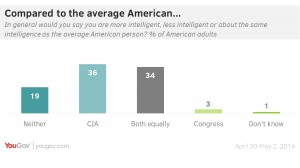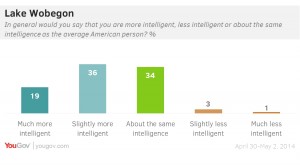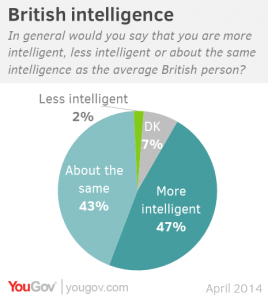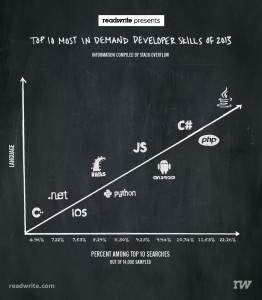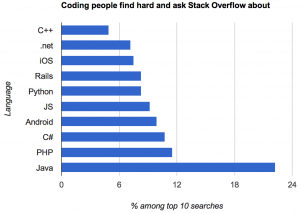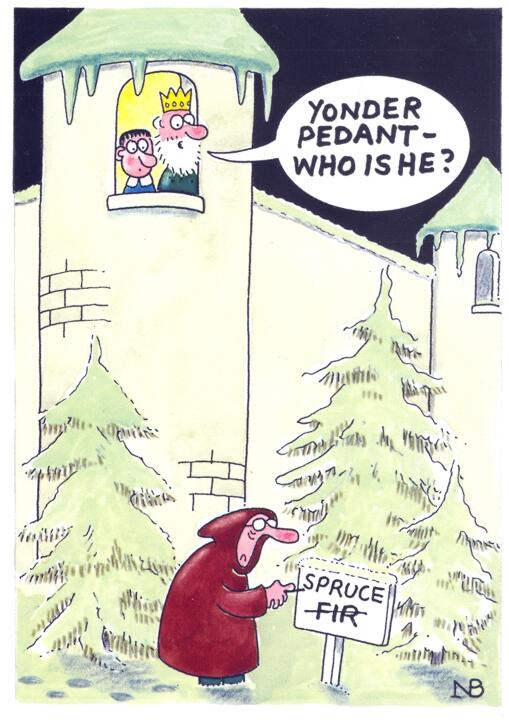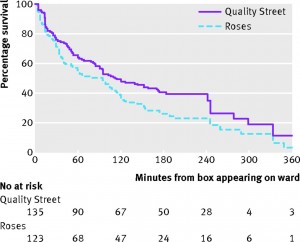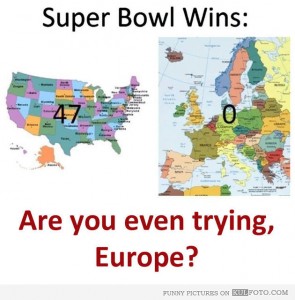Q: Did you see the story about aphrodisiacs on Stuff this weekend?
A: Yes
Q: How did they find out which ones worked?
A: It says “Richard Cornish investigates the only way he knows how.”
Q: Randomised n-of-1 trials with independent evaluation by someone who doesn’t know what he’s eaten?
A: Sadly, no.
Q: Allocating different foods, and some control foods, to a large group of people and collecting their reports?
A: No
Q: Getting a librarian to help him review the scientific research on the topic? Or the traditional knowledge?
A: Not really, though there are some biochemical or historical anecdotes for many of the items.
Q: Um. Did he just try each food as you would if you wanted to use it as an aphrodisiac?
A: Not that, either.
Q: I give up. What did he do?
A: ” It was my task to consume them in a bland environment, with no chance of any stimulation or excitement.”
Q: What a waste. But aren’t you being a bit harsh? He’s a food writer and TV producer. He does sustainability and Spanish food. He’s not a science journalist or an investigative reporter. They didn’t expect anyone to take it seriously.
A: Ok, but some of the nutrition stories and sex stories they run are supposed to be taken seriously. It should be easier to tell which is which online.
Q: Wait, isn’t it March now?
A: Yes.
Q: That sounds more like a Valentine’s Day column
A: An interesting point. You thought of that faster than I did.
Q: Well?
A: It is a Valentine’s Day column. From the Southland Times. Except they took out the foie gras and truffles to make it suitable for the national audience. Reruns aren’t just for The Simpsons, you know.
